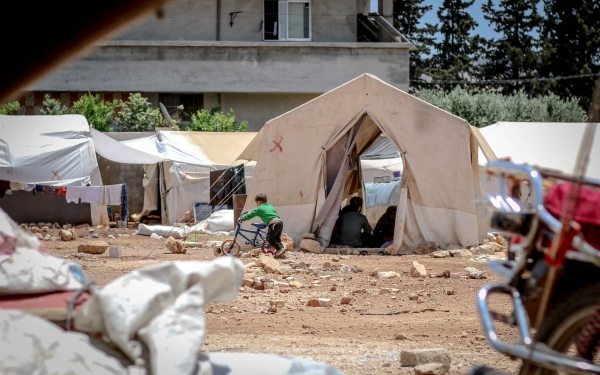More than 15,000 Syrian refugees are currently residing in Arsal, a town situated in the Bekaa Valley of eastern Lebanon, a mountainous region characterized by frigid temperatures during the winter months. Refugees are lacking adequate housing to endure the cold; their dwellings require solid roofs and insulation systems, among other needs. Freezing temperatures, heavy rains and flooding, which are threatening this fragile situation, are being exacerbated by the pandemic’s persistence and its consequent mobility restrictions and health risks.
These alarming circumstances are the result of the dismantling of 20 shelters that hosted Syrian refugees in 2019 by an order of the Higher Defense Council of Lebanon. Lebanon justified the order with the Lebanese Construction Law Act, claiming that refugee shelters were on agricultural lands where only “non-permanent” building materials such as wood, stone and canvas can be used and permanent structures, like cement foundations, are forbidden. Arsal’s refugee shelters were the first place where this order was implemented. This action exposed refugees to deteriorating housing quality and hence, increased vulnerability to adverse climatic conditions and health deterioration.
The humanitarian response is still too feeble due to a lack of proper funding. Yet, the needs of Syrian refugees in Lebanon are increasing, as multiple factors contribute to their declining conditions: Lebanese inflation is causing rapidly rising prices, the economic crisis is prompting food insecurity and almost 90 per cent of the refugees population is below the extreme poverty line. Human Rights Watch stated that the Lebanese government, donor organizations and other governments should join efforts to winterize Syrian refugees’ homes, and encourage the Lebanese government to review its procedures on materials permitted in informal settlements by also allowing the usage of more sustainable shelter materials.
To know more, please read:
hrw.org/news/2021/01/19/lebanon-dire-conditions-syrian-refugees-border-town
hrw.org/news/2019/07/05/lebanon-syrian-refugee-shelters-demolished
unhcr.org/lb/wp-content/uploads/sites/16/2020/12/VASyR-2020-Dashboard.pdf
Author: Laura Manzi; Editor: Andrew Goodell




